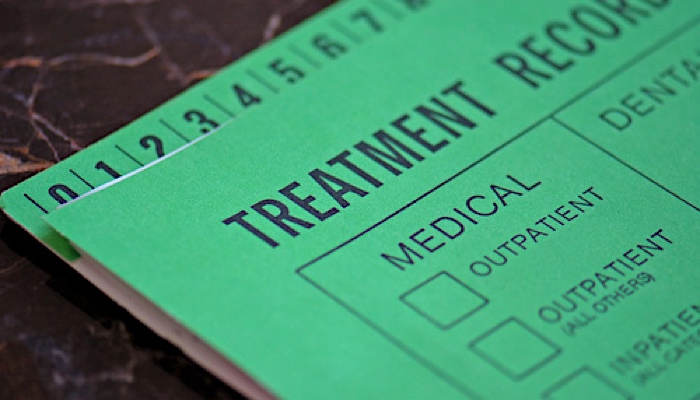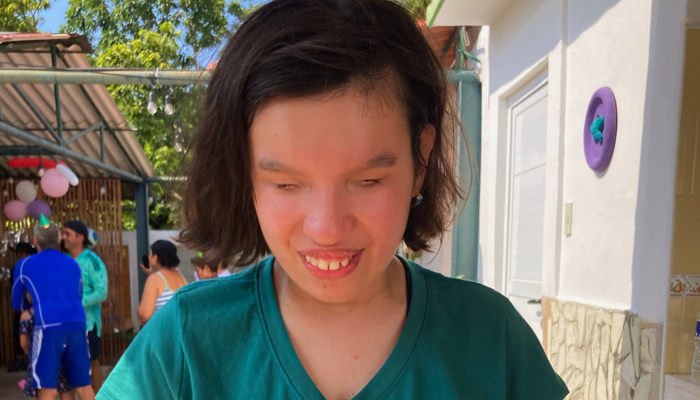LCA and Kidney Health

I had read and been told that Leber’s Congenital Amaurosis (LCA) can sometimes include certain complications with the kidneys. I was told repeatedly by parents that I should have my son’s “kidneys checked out.”
So, being a responsible parent, I took my son to his pediatrician and told her I’d like to have his “kidneys checked out.” She nodded in approval and was completely on board, but then asked me a question I wasn’t prepared for: “So, what do you want us to test for?”
I thought I was acting as an informed parent, but I really had no idea. I only had a vague notion of what the kidneys do when operating correctly, I had no idea what we should test for in order to check if they were malfunctioning.
So I took to the internet, did some research, and asked around and this is what I found. LCA is sometimes associated with Senior Loken Syndrome (SLS) or Alport Syndrome (AS), both of which affect the kidneys. There seems to be a genetic link between LCA and these two disorders. I looked into SLS and AS and determined how the kidneys are effected by these diseases. Then I made a list of tests and symptoms for our doctor.
Below are possible tests to check kidney function in LCA patients. We took this list to our doctor and decided as a team which tests made the most sense for our son.
This list is in no way professional nor will it catch everything. I only post it here because I think other parents and patients might find it useful. Please do not consider this medical advice and do consult with your own doctor.
- Look for cysts (SLS is associated with polycystic kidney disease and medullary cystic renal disease, also called nephronophthisis)
- Look for thickening of kidney filtration tissue (AS)
Blood
- Increased blood creatinine level (SLS)
- Increased blood urea nitrogen (SLS)
- Low blood sodium levels (SLS, called hyponatremia caused by renal salt wasting)
- Low bicarbonate levels (<24 mmol/l) (SLS, metabolic acidosis)
- Increased eosinophils (eosinophil granulocytes) (SLS, tubulointerstitial nephropathy)
- Low red blood cell count (SLS, anemia)
- Check blood phosphate level (AS)
- Check blood calcium level (AS)
Urine
- Protein (kidney failure often accompanied by abnormal appearance of protein in the urine, called proteinuria)
- Increased eosinophils (eosinophil granulocytes) (SLS, tubulointerstitial nephropathy)
- Inability to concentrate urine (SLS)
- Unusual urine color (AS)
- Blood in urine (AS, hematuria)
Other signs
- Excessive liquid intake (polydipsia)
- Production of large volume of urine (polyuria)
- Urinary incontinence/inability to hold urine (enuresis)
This list is in no way professional nor will it catch everything. I only post it here because I think other parents and patients might find it useful. Please do not consider this medical advice and do consult with your own doctor.
Related Posts

Eye Conditions and Syndromes, Support, Visual Impairment
Coping with a Diagnosis: Emotional Support for Families with Visually Impaired Children
Families with emotional support are more resilient. Learn how to establish emotional support with peers, professionals, and the community to help your family thrive.

Eye Conditions and Syndromes
Finding Joy and Strength in Raising a Child with Anophthalmia
When raising a child with anophthalmia, be patient, be kind to yourself, and take it one day at a time. Your child will fill your life with love!

Eye Conditions and Syndromes, Visual Impairment
Anophthalmia: Navigating the Path from Diagnosis to Adaptation for Parents and Their Children
Anophthalmia is a rare disorder that results in childhood blindness. Early intervention services are important to help your baby maximize their potential.